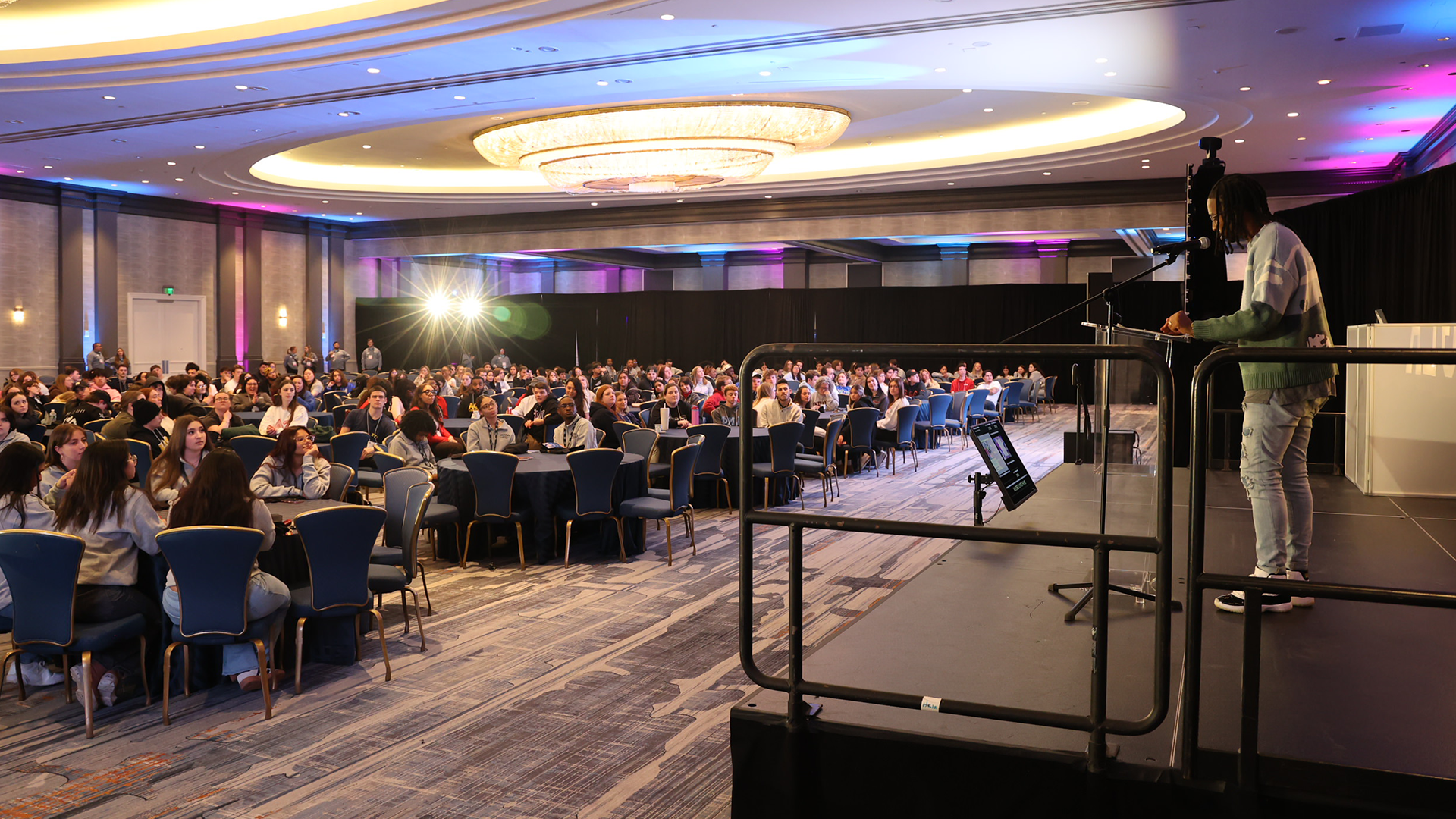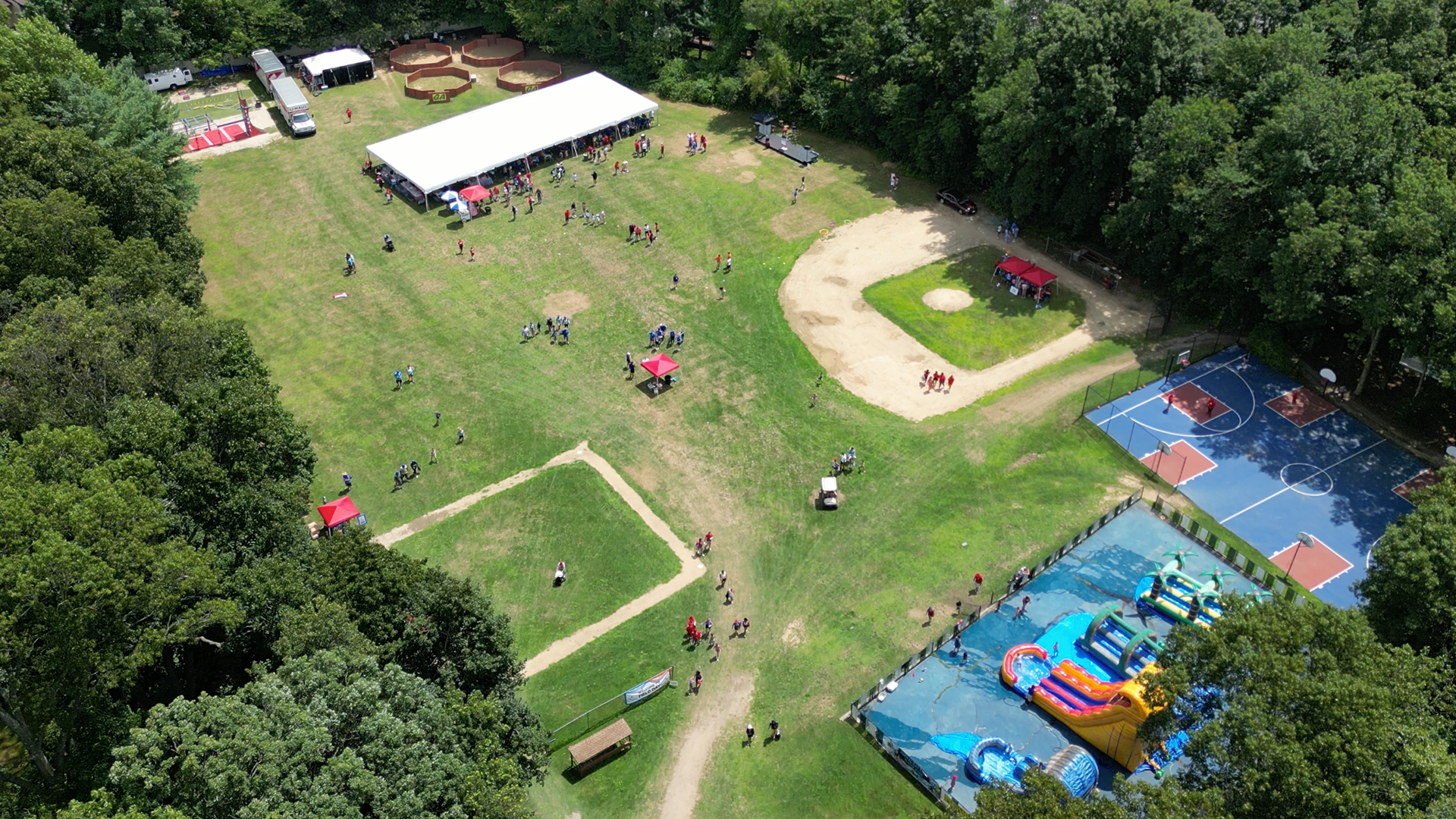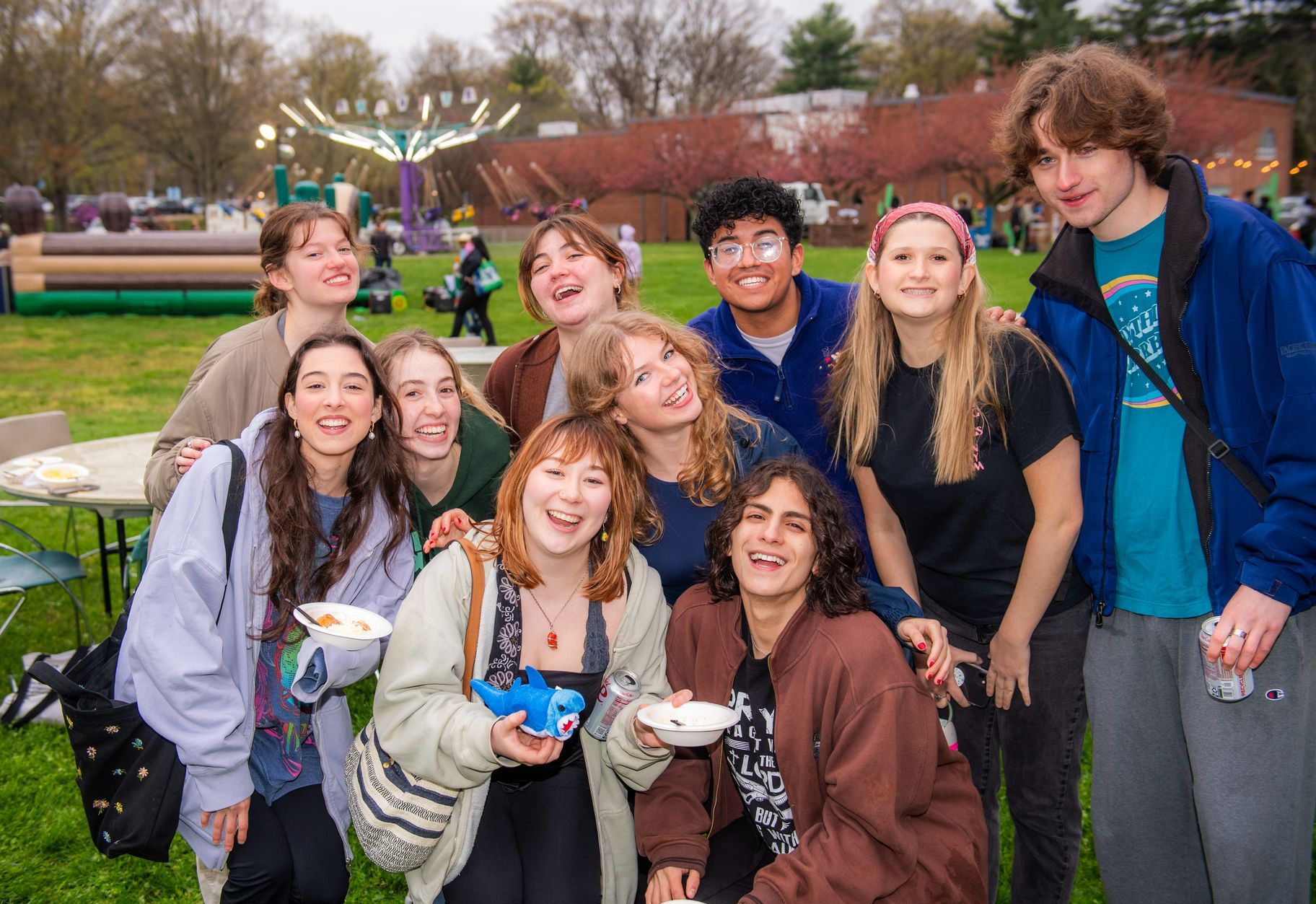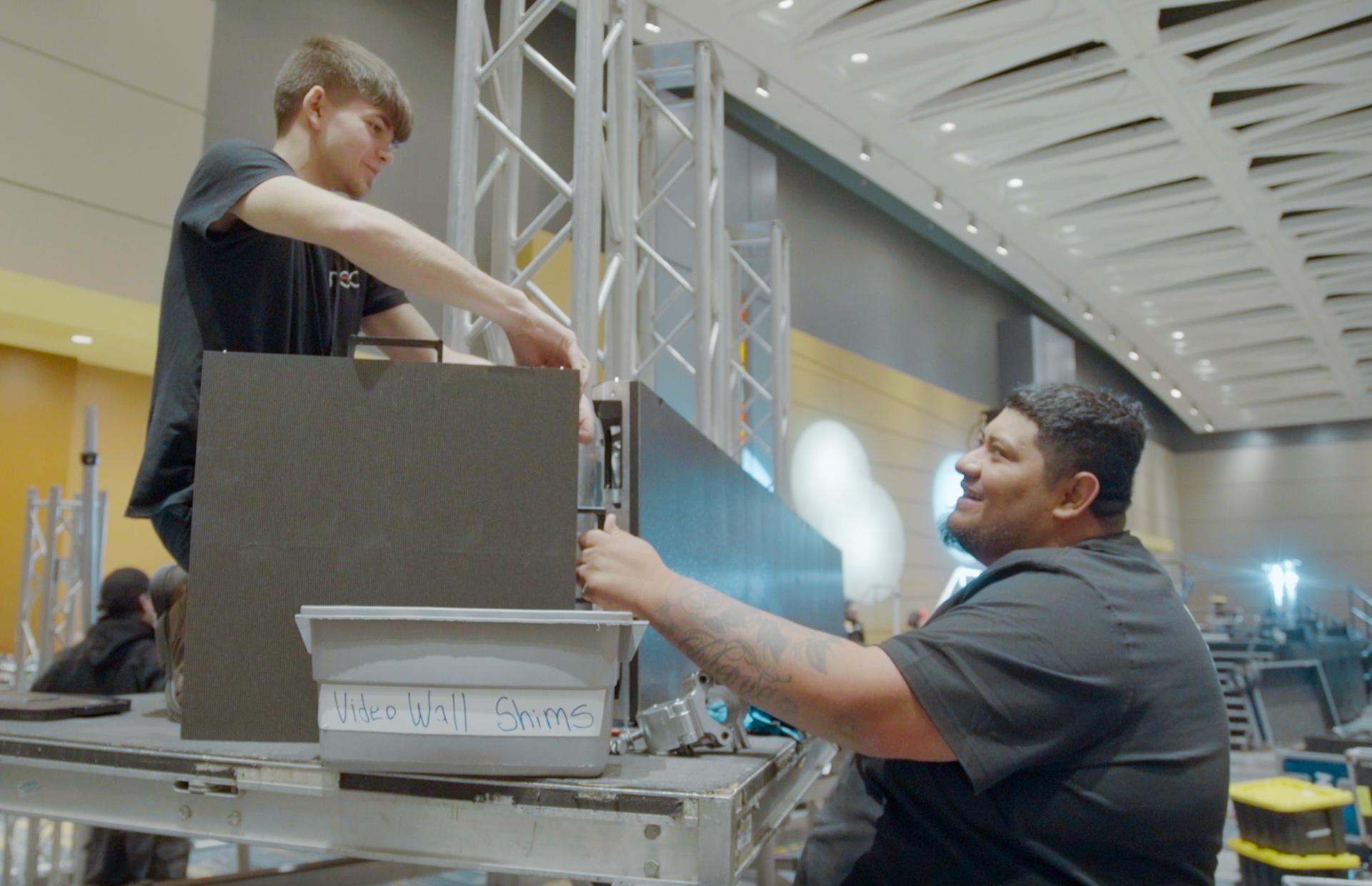Winter Wellness: College Events for Supporting Mental Health
Overview of Winter Wellness
As winter takes hold, universities face the task of addressing the unique challenges this season brings to student mental health. A dedicated Winter Wellness Week can be an effective strategy for promoting well-being on campus. This week-long initiative should feature a range of activities designed to reduce stress and enhance students' overall experience. From physical activities to creative outlets, the goal is to create a supportive atmosphere that encourages self-care and relaxation. Event planners should consider the diverse needs of the student body, ensuring that events are accessible and appealing to a broad audience. By thoughtfully organizing a variety of wellness-focused activities, universities can help students maintain their mental health during the colder months and beyond.
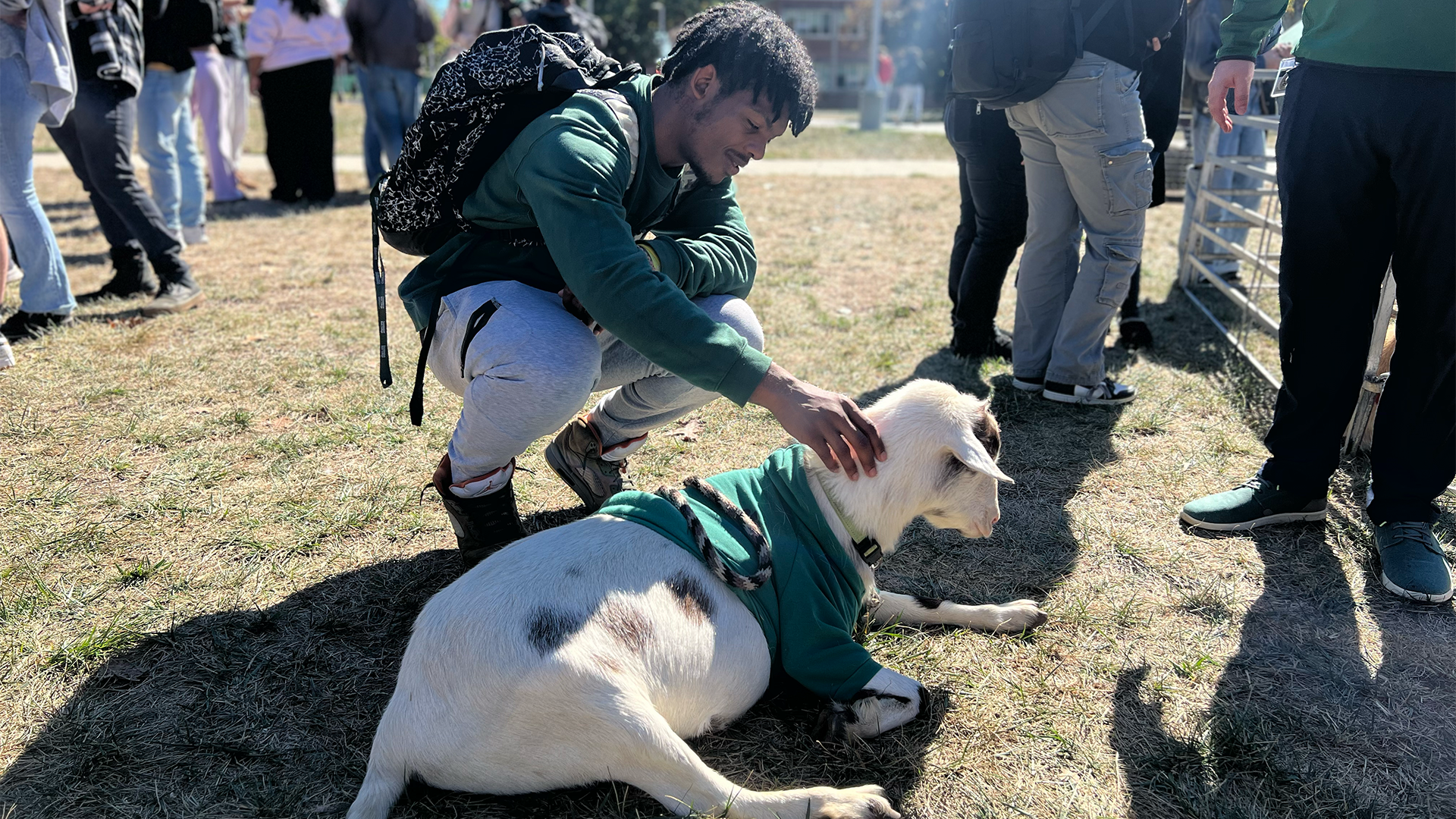
Yoga and Meditation Classes
Yoga and meditation are excellent for helping students manage stress and achieve mental clarity. To create effective sessions, it’s crucial to collaborate with experienced instructors who can adapt to the unique needs of college students. Offering classes at various times throughout the day can accommodate different schedules, maximizing participation.
The setting is equally important—choose a quiet, comfortable space that fosters a calming atmosphere. Utilize campus facilities like gymnasiums or multipurpose rooms, and ensure that they are equipped with mats and other necessary props. Additionally, consider incorporating themed sessions, such as “Exam Prep Yoga” or “Morning Meditation,” to attract specific student groups and address their particular stressors.
Promoting these activities through campus-wide emails, social media, and posters can significantly increase turnout. Highlight the benefits of yoga and meditation, such as improved concentration, reduced anxiety, and enhanced emotional well-being, to draw interest. Encouraging faculty and staff to participate can also foster a more inclusive and supportive environment.
Remember to gather feedback from attendees to continuously improve future sessions. This will help ensure that the classes remain relevant and beneficial for the student body. By making yoga and meditation an integral part of your Winter Wellness Week, you provide students with valuable tools to maintain their mental health and thrive academically.
Campus Visits from Therapy Dogs
Animal interaction is a powerful method for enhancing student morale and mental well-being. Visits from therapy dogs, specifically, can uplift students' spirits, particularly during high-stress periods such as finals. Studies show that therapy dog interventions are both easy to implement and low cost, making them an excellent option for universities. Professor Nancy Gee of Washington State University highlights that this form of animal-assisted stress reduction program offers a fantastic way for institutions to support their students.
To effectively schedule therapy dog sessions, collaborating with local organizations specializing in these programs is essential. These organizations often have the necessary experience to ensure a smooth and beneficial experience for both students and the dogs. Pay attention to logistical considerations such as space, timing, and any required permissions or safety protocols.
Select accessible and comfortable locations where students can interact with the dogs without feeling rushed or crowded. Promote these events through various channels like campus emails, social media, and flyers to maximize student engagement. Be sure to share photos of the dogs to draw in a crowd!
Encourage participation by highlighting the scientifically-backed benefits of interacting with therapy dogs, including reduced anxiety and improved mood. Gathering feedback from participants can help refine future sessions, ensuring they remain impactful and well-received by the student body. By integrating therapy dog visits into your wellness week, you offer students a unique and effective way to alleviate stress and enhance their overall mental health.
Campus Workshops on Managing Stress
Stress management workshops are a cornerstone of any effective wellness initiative. These workshops should cover practical topics like time management, relaxation techniques, and coping strategies for anxiety. To maximize impact, consider engaging formats such as interactive discussions, group activities, and role-playing scenarios. These methods allow students to practice and internalize new skills in a supportive setting. Partner with mental health professionals to lead the sessions, ensuring that the content is both accurate and relevant.
Schedule workshops at various times to accommodate different student schedules, and choose comfortable, accessible venues. Promote these sessions through campus emails, social media, and flyers to ensure strong participation. Highlight the practical benefits of attending, such as improved focus, better academic performance, and enhanced emotional resilience.
Gather feedback after each workshop to refine future offerings and ensure they meet student needs. Encouraging an open dialogue about stress management can also foster a community of support and shared understanding. By integrating these workshops into the Winter Wellness Week, you provide students with essential tools to navigate the academic pressures they face.
Events Focused on Art and Creativity
Creative activities offer students an essential outlet for self-expression and mental relief. Organizing art-focused events such as painting classes, pottery workshops, and writing circles can help students manage stress and enhance their emotional well-being. These activities provide a non-competitive, relaxing environment where students can explore their creativity freely.
To ensure high participation, collaborate with local artists or art instructors who can lead these sessions with expertise and enthusiasm. Choose venues that are spacious and well-lit to create an inviting atmosphere. Consider holding these events at various times to accommodate different schedules, maximizing student engagement.
Interactive components, such as group projects or collaborative murals, can also foster a sense of community and belonging. Providing all necessary materials and supplies ensures that students can participate without any barriers. Additionally, themed events, like "Stress Relief Art Night" or "Midterm Poetry Slam," can draw specific groups and address particular needs.
By integrating art and creativity into Winter Wellness Week, universities can offer students a valuable means of self-care and emotional expression, enriching their overall campus experience.
Outdoor College Events and Nature Walks
Outdoor events and nature walks can significantly contribute to student mental well-being by promoting physical activity and offering a break from indoor settings. Organizing guided nature walks on or near campus provides students with a chance to decompress and enjoy the restorative effects of natural surroundings. To ensure accessibility, select trails or routes that accommodate varying fitness levels and are easy to navigate.
Consider collaborating with local naturalists or outdoor clubs to enhance the experience with educational components, such as identifying local flora and fauna. Additionally, themed walks, like "Mindfulness in Nature" or "Stress Relief Hike," can draw in students who might benefit from specific wellness angles.
Safety is paramount, so schedule these events during daylight hours and provide clear instructions on attire and necessary gear. Promote these outdoor activities through campus communication channels to ensure strong participation. Incorporating these events into your Winter Wellness Week offers students a refreshing way to connect with nature and each other, fostering a sense of community and relaxation.
Workshops on Nutrition
Nutrition significantly impacts mental health, and educational workshops can provide essential guidance for students striving to make healthier dietary choices. These sessions can address practical topics such as meal planning, reading nutritional labels, and understanding the relationship between food and mood. To maximize engagement, consider incorporating interactive elements like cooking demonstrations or taste-testing events. Bringing in registered dietitians or nutrition experts ensures that the information presented is both accurate and practical.
Scheduling these workshops at various times can accommodate diverse student schedules, increasing participation. Venues like dining halls or community kitchens are ideal, as they offer a functional and familiar setting.
Highlighting the connection between nutrition and academic performance can be particularly compelling. Students are more likely to engage when they understand that better dietary choices can lead to improved concentration, energy levels, and emotional resilience.
Providing all necessary materials and supplies ensures that students can fully participate without any barriers. By offering comprehensive and engaging nutrition workshops, universities can empower students to take control of their health, contributing to their overall well-being and academic success.
Summary and Motivation
Winter Wellness Week is a critical initiative for addressing the mental health needs of students, especially during the colder months. By offering a diverse array of activities—from yoga and therapy dog visits to art workshops and nutrition sessions—college staff can create a comprehensive support system that meets varied student needs. The importance of these events cannot be overstated; they provide not only immediate relief from stress but also equip students with long-term coping strategies.
Engagement is key to the success of these initiatives. Promoting events through multiple channels can significantly increase participation. Additionally, gathering feedback from attendees can help refine future events, ensuring they continue to meet the evolving needs of the student body.
Encouraging faculty and staff participation further strengthens the sense of community, making wellness a campus-wide priority. As event planners, your role in curating these activities is vital to fostering an environment where students feel supported and understood. By dedicating resources and creativity to Winter Wellness Week, universities can make a lasting impact on student mental health, contributing to their overall academic and personal success.
Enjoyed this article? Discover more on our Event Production Blog.
Contact Details
1507 Smithtown Ave #1, Bohemia, NY 11716, United States
NYC Office
Links


